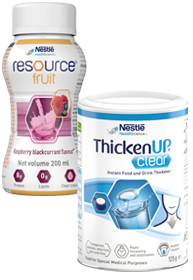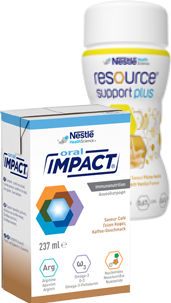How to Manage Diet & Food for Cancer Patients Post-Diagnosis
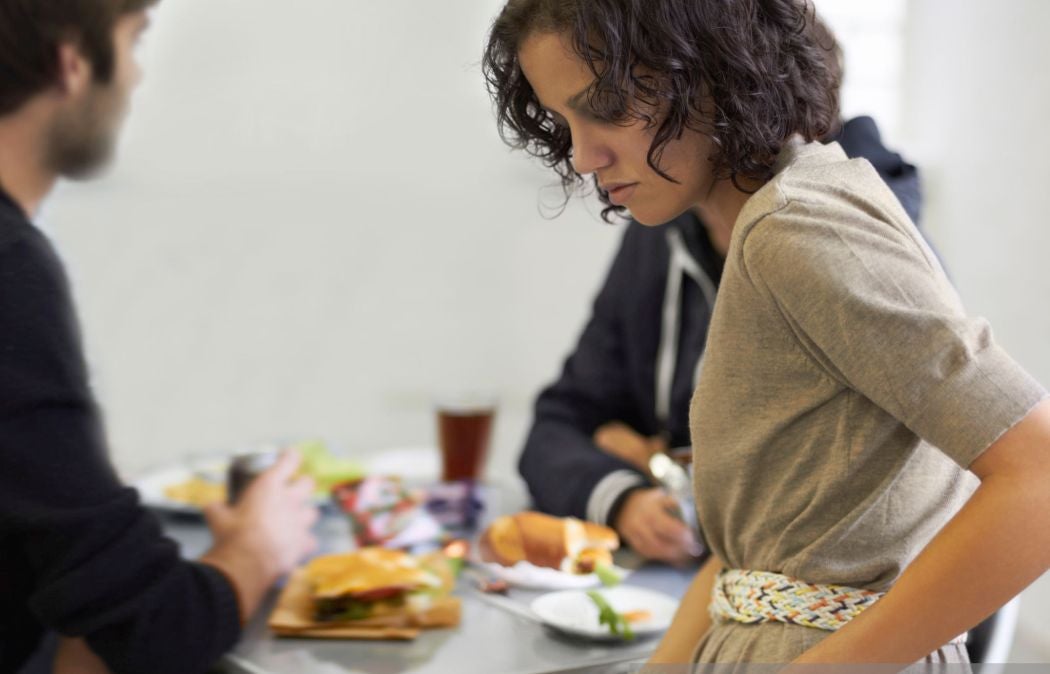
In order to cope with the treatment, the immune system and the whole body need a boost
You can begin preparing your body, especially the immune system, even before starting the tougher treatment methods (surgery, chemotherapy, radiotherapy, immunotherapy and hormone therapy). This way, it’ll be stronger going through each session and procedure.1,4 Understanding how cancer can impact nutrition and what adjustments are suitable for each person’s needs is crucial.
How does cancer affect the way the body absorbs nutrients?
One of the ways cancer impacts the body is causing malnutrition, which can be as a result of a lower appetite, metabolic changes caused by the tumor, and side effects of treatments.1 Learn why malnutrition is common in cancer patients:
The tumor’s metabolic activity interferes with how the body absorbs nutrients such as carbohydrates, proteins and fats. Consequently, the following may occur1:
- Loss of muscle mass;
- Glucose intolerance due to low insulin production;
- Lower levels of the body's energy reserves.
Between 20% to 80% of cancer patients become malnourished, more frequently the elderly and those in more advanced stages of the disease.4 According to an individual assessment of nutritional status, it may be necessary to make dietary adjustments and take nutritional supplements.4
The treatment, whether it’s chemotherapy, hormone therapy, radiotherapy, immunotherapy and/or surgical intervention, can cause several side effects that affect appetite, digestion and, consequently, nutrition. They are:1,3
- Loss of appetite;
- Dry mouth;
- Nausea and vomiting;
- Painful swallowing;
- Metallic taste;
- Changes in the perception of flavors;
- Constipation;
- Diarrhea;
- Mouth ulcers (aphtha).
Why is it important to change my diet after being diagnosed with cancer?
Before the treatment begins, there’s no way of knowing how the body will react to medications. However, when someone can't meet their nutritional goals through a normal diet, specialised nutritional therapy can help reaching them and increasing the patient’s tolerance to the treatment. Ask your doctor and/or nutritionist about the need of a nutritional therapy.
Nutritional intervention includes orientation about what would be the best diet, help coping with the disease/treatment’s side effects that interfere with food intake, and guidance about dietary supplements.4
Learn what you can do along with the nutritional therapy to adjust your diet after being diagnosed:3
- Have five to six meals a day, once every three hours. That means you shouldn’t go a long time without eating;
- Drink at least ½ a gallon (two liters) of liquids per day. These could be water, coconut water, tea and fruit/vegetables juice. Write down your daily intake in order to create a routine;
- Eat fruit and vegetables every day. They are rich in minerals, fibers and vitamins, and help to improve digestion;
- If you already have a lack of appetite, choose some soft/liquid options, such as porridge, soups and smoothies;
- Add olive oil, cream or well-cooked egg yolk in soups, stews and porridge to enrich your meals;
- Prepare colorful meals, with a varied selection of food, and try implementing new things on your diet;
- Drink juices made with two fruits, or a fruit and a vegetable, e.g., orange and carrot;
- Whenever possible, use different flours, such as corn, oats and almond, to diversify the flavors;
- Limit your consumption of food rich in fat and sugar, or excessively industrialized items;
- Avoid drinking alcohol.³
After you are diagnosed, it’s important to ask all your questions about nutrition before and during treatment. As well as talking to the doctors who will treat the disease, seek the help of a nutritionist too.
References:
1 - PINHO N.B. The effect of nutritional guidance and enteral and oral nutritional therapy during the preoperative period on individuals with head and neck tumor undergoing surgical treatment (“Efeito da orientação nutricional e da terapia nutricional enteral e oral no período pré-operatório em indivíduos com tumor de cabeça e pescoço submetidos ao tratamento cirúrgico”). Available at: http://bvsms.saude.gov.br/bvs/publicacoes/inca/nivaldo_barroso_efeito_da_orientacao_nutricional.pdf. Access on: October/2019.
2 - IKEMORI E. etl. Oncology Nutrition (“Nutrição em Oncologia”),1st ed., 2003.
3 - INCA: José Alencar Gomes da Silva National Cancer Institute (“Instituto Nacional de Câncer José Alencar Gomes da Silva”). Patient and Caregiver Nutrition Guide/Patient Guide (“Guia de Nutrição para Pacientes e Cuidadores/ Orientações aos pacientes”). Available at: https://www.inca.gov.br/sites/ufu.sti.inca.local/files//media/document//guia-de-nutricao-para-pacientes-e-cuidadores-web-2015.pdf. Access on: October/2019.
4 - Brazilian Society of Parenteral and Enteral Nutrition (“Sociedade Brasileira de Nutrição Parenteral e Enteral”). BRASPEN’s nutritional therapy guidelines for cancer patients (“Diretriz BRASPEN de terapia nutricional no paciente com câncer”). Available at: https://faculdadebarretos.com.br/wp-content/uploads/2019/06/Diretriz_onco-2019-separata.pdf. Access on: October/2019.
Know more about the subject

Cancer Survivorship: Stages, Statistics, And Care
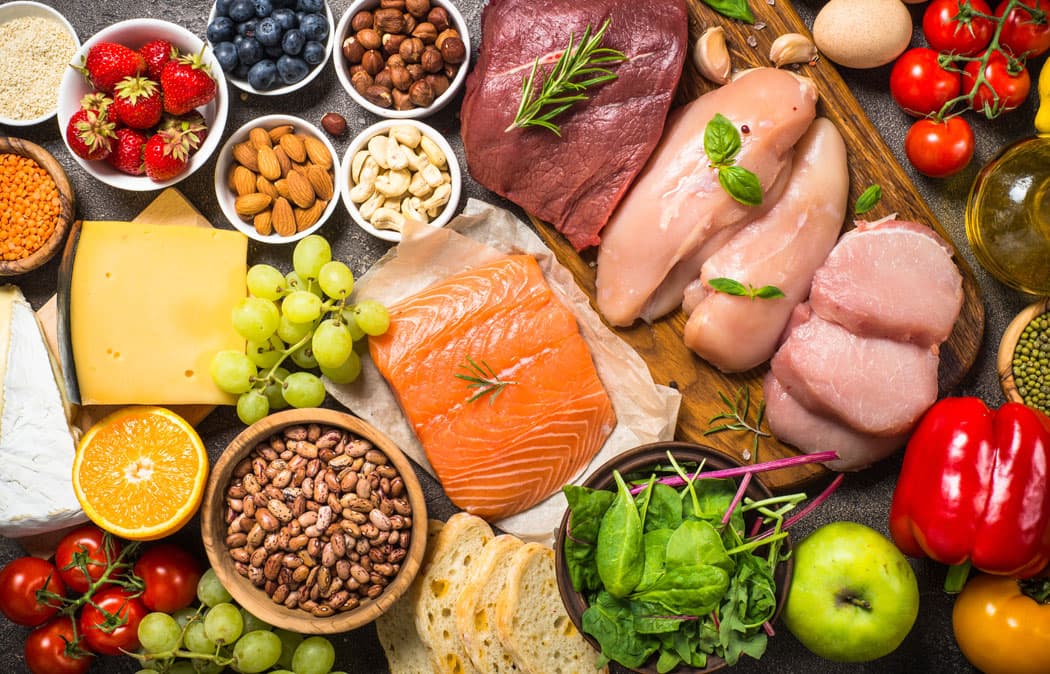
Eating well after cancer: your diet after chemotherapy
A healthy diet after chemotherapy can help you regain your strength and promote good health.

Navigating Nutrition: Colon Cancer Diet Advice
Eating well and following a balanced, nutritious diet is one of the best ways you can prepare for colon cancer treatment 1. But what is a healthy ‘colon cancer diet’?
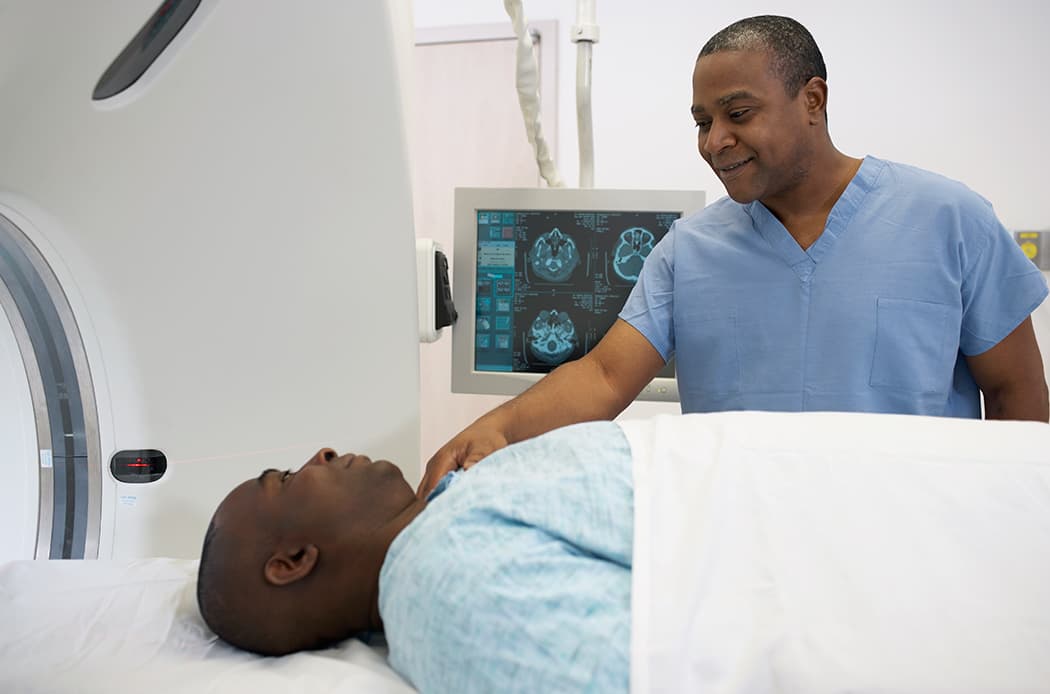
Radiotherapy

Complementary Therapies to Reduce Cancer’s Side Effects
They have scientifically-proven benefits and can be used to improve patients’ well-being.1
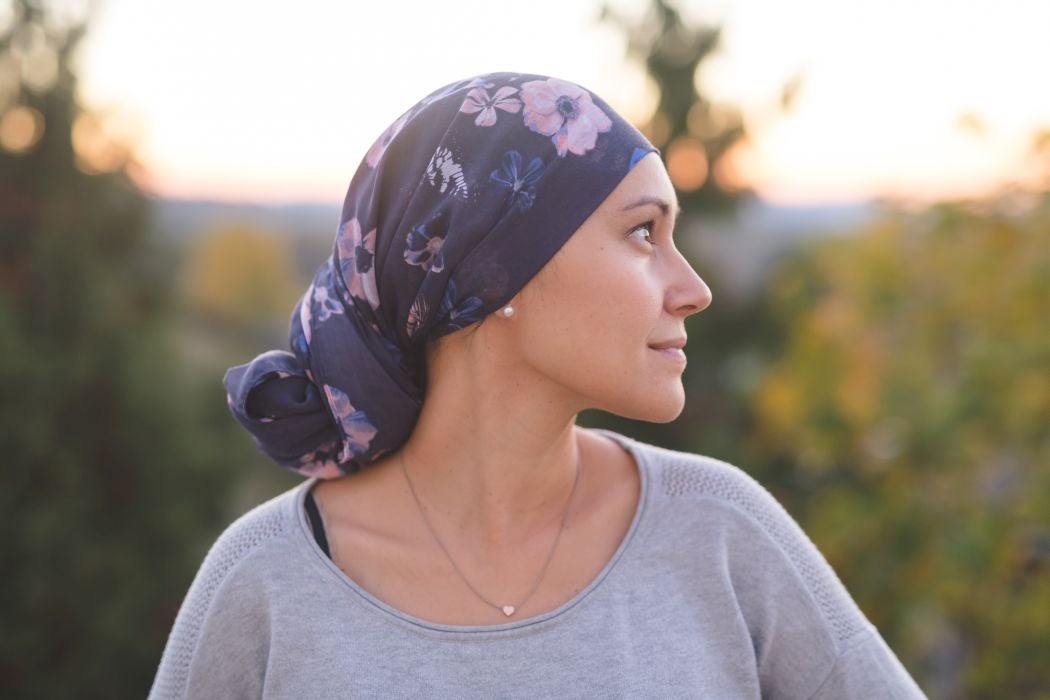
Common Questions About Hair Loss During Cancer Treatment
Although this is deeply associated with cancer treatment, not all people lose their hair

